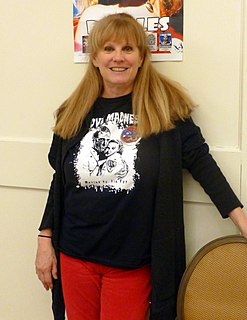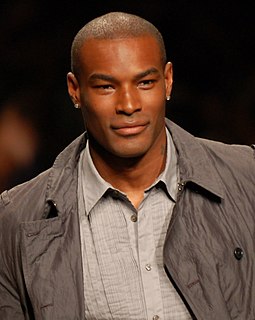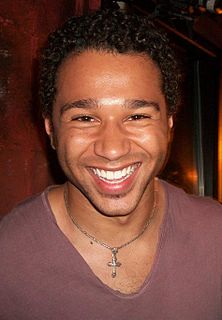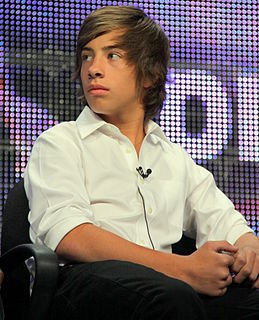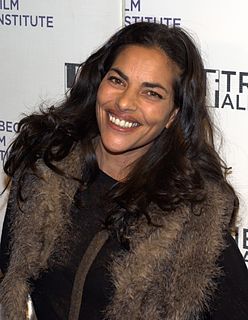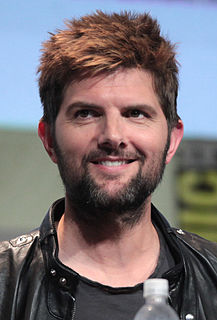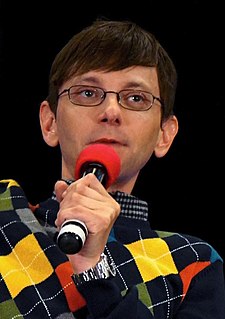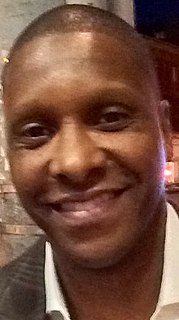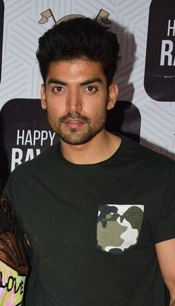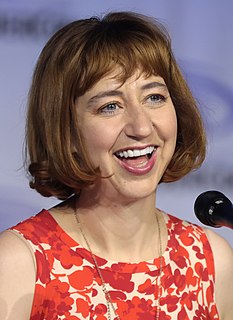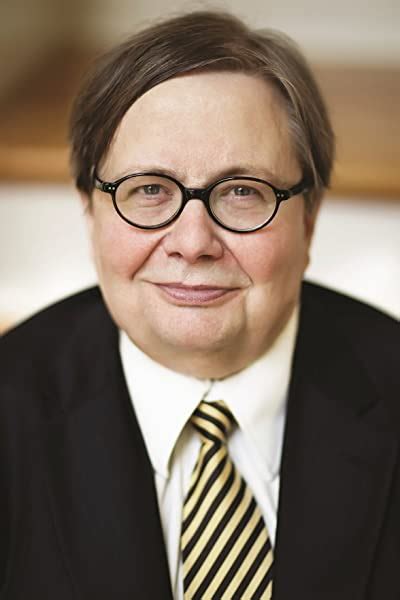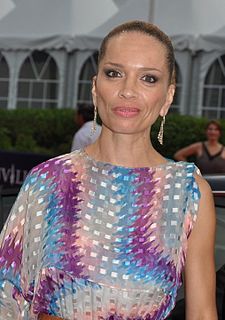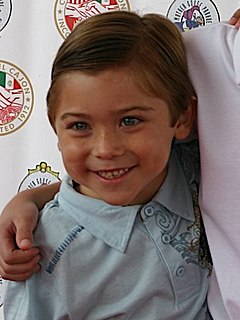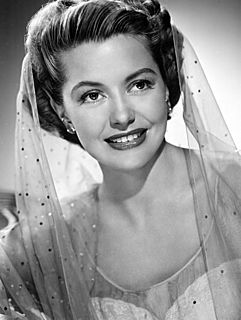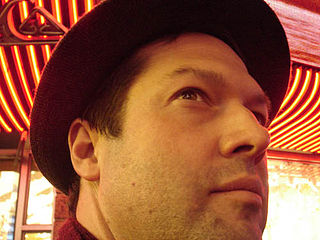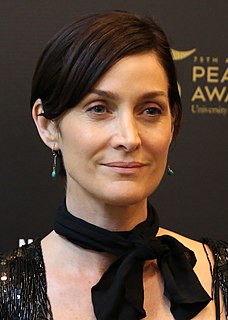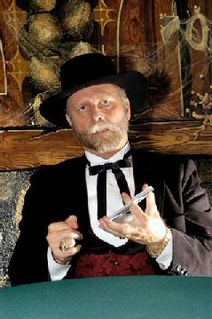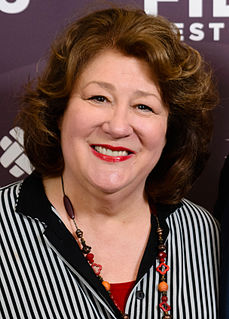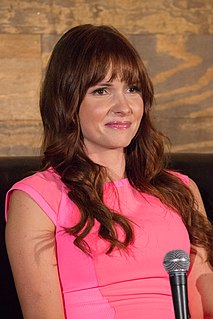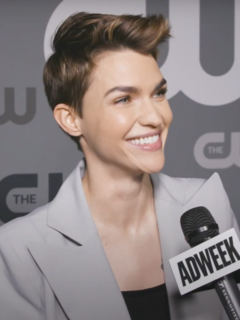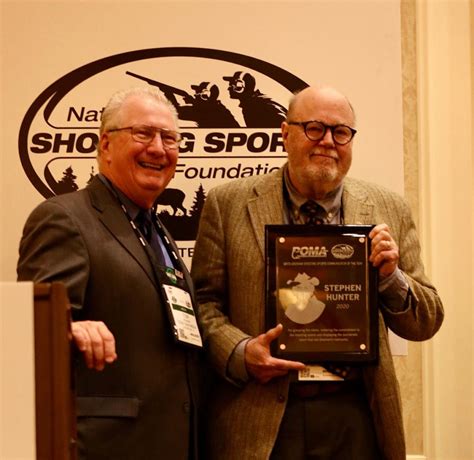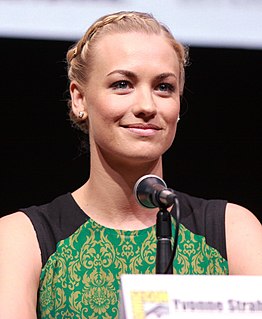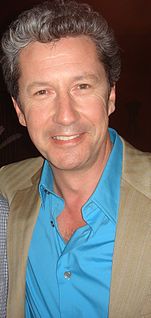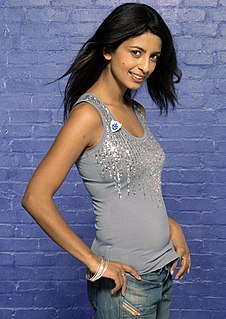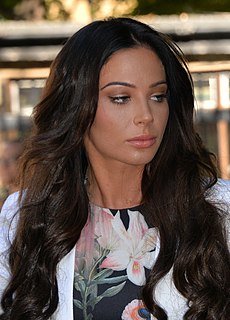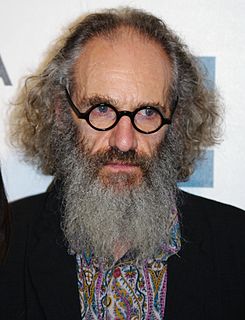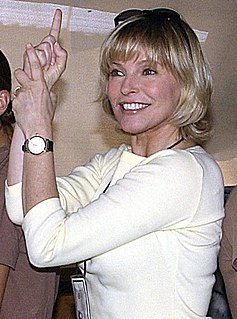Top 1200 TV Commercials Quotes & Sayings - Page 3
Explore popular TV Commercials quotes.
Last updated on November 7, 2024.
It was always fun auditioning for commercials, because that was the beginning of my career, and me figuring out how I was going to portray myself as an actress vs. a model, because models were very different back then in the early '70s. They didn't usually hire models for acting. But I acted first in commercials and then I did modeling, so it was a little different.
I was aware of the possible biases you could get as a commercial director, like being too concerned about the technical aspects of the form rather than anything of substance. If you keep working in commercials, you can get trapped in a very superficial way of thinking. I always used commercials as an exercise for filmmaking, like going to the gym.
I mean, a lot of people don't realize it, but fashion is one of the most racial industries left out there now. Radio and music aren't. Television and movies aren't. Even commercials now are showing interracial couples. You see a lot of diversity in TV shows, but you don't see that in fashion. You think there would be some, because the consumer is of all colors and all shades. But you don't see that in fashion.
My dad's an actor. Ever since I was little, I'd watch him do it, and I was always very into it. I got into when I was about two years old. I started out with print work, doing modeling and stuff. Then I got into commercials and TV. Once I started, I loved doing it. It's just something that I've continuted over the years, and I love it.
Television screens saturated with commercials promote the utopian and childish idea that all problems have fast, simple, and technological solutions. You must banish from your mind the naive but commonplace notion that commercials are about products. They are about products in the same sense that the story of Jonah is about the anatomy of whales.
I believe that the major operating ethic in American society right now, the most universal want and need is to be on TV. I've been on TV. I could be on TV all the time if I wanted to. But most people will never get on TV. It has to be a real breakthrough for them. And trouble is, people will do almost anything to get on it. You know, confess to crimes they haven't committed. You don't exist unless you're on TV. Yeah, it's a validation process.
By and large a good rule for finding out is this: the kind of work God usually calls you to is the kind of work a) that you need most to do and b) the world most needs to have done. If you really get a kick out of your work, you've presumably met requirement a), but if your work is writing TV deodorant commercials, the chances are you've missed requirement b).
I am here to tell you, TV is not dead. Rather, it is constantly evolving as we are. My view is that we are in the next Golden Age of content. If AOL, Google, Netflix, Amazon, and Yahoo felt TV was dying, they would not be so eager to play in our sandbox. It is, after all, TV content that's driving their business.
Making music on TV used to be as common as commercials. In the '60s and '70s, prime time was stuffed with variety shows headlined by such major and treasured talents as Carol Burnett, Red Skelton, the Smothers Brothers and Richard Pryor, who had a very brief comedy-variety hour on NBC that was censored literally to death.
The publishers and others should quit worrying about losing customers to TV. The guy who can sit through a trio of deodorant commercials to look at Flashgun Casey or swallow a flock of beer and loan-shark spiels in order to watch a couple of fourth-rate club fighters rub noses on the ropes is not losing any time from book reading.
It's a mystery to me why comics have been so despised for so long. Obviously, it has to do with the history of the medium - arising out of cheaply-reprinted booklets of newspaper strips, just out to make a quick buck, followed by mostly-crappy original work. It took a while for really talented artists to move into the comic-book world from the newspapers. It really is strange that even TV commercials got respect before comics did. I have never been able to figure it out.
I don't audition for "on-air" commercials - the ones where your face can be seen. I've auditioned for voiceover campaigns that I haven't gotten, but I don't really want to be seen in a commercial unless it's a product that I really love. Like, if Adidas asked me, I would do it in a heartbeat. But I did a Reebok commercial, one for Pep Boys, one for Dunkin' Donuts. I auditioned for commercials, but I really couldn't stomach it. It just didn't feel right.
Most advertisers spend millions upon millions of dollars to buy commercial time during the Super Bowl, and millions in creating eye-popping ads, hoping to create catchy, unforgettable commercials. Unfortunately, most Super Bowl commercials end up being unmemorable. Costly mistakes for brands and creative flameouts for advertising firms.
I am at a loss to figure out how to rid my e-mail of those bottom-feeders of the electronic world, the generators of spam.... If I were Emperor of the World, I would lock all the spammers in a room and force them to watch nothing but TV commercials for the rest of their miserable lives, and I would condemn the people who respond to spammers to do nothing but clean the toilets in this room.
I did a lot of commercials starting in about '75, yeah. Well, not 'a lot'; I never was a big old commercial gal, but I made a good living. I didn't immediately make 'a living' at commercials; the first year I made maybe a living was about '80. I had a great year in '85. I had a nice little supplement.
There's something really cool about TV. TV, you get the luxury of having the same people around. It is such a blessing when you get a TV job. You really have a chance to get to make, like, work friends. I think TV is one of the few mediums where I've had the opportunity to get to know my crew members.
All the black leather she needs is the E-Z boy recliner where her love is parked with one of his hands wrapped around a remote, the other, a bottle of beer. She's right. It's kinky. The way he doesn't look away from the TV, as her head bobs in his lap like a fisherman's float on a nature program, hectic with the pace his breath sets. His crotch swells under her mouth's prowess. He's such a sweetheart he waits until the commercials to come.
Since I'm a story-oriented critic, sometimes it's difficult to discuss issues without defining them. At the same time, I try not to give away anything that hasn't been given away in first half, in TV commercials, or that isn't obvious from the set-up of the movie. My editors are aware of this tendency of mine and read carefully for spoilers.
It's, like, your classic journey from a drama school. I went straight to the three-year acting degree, and I waitressed throughout that to support myself and for the first six months after I graduated. Then I started to get commercials here and there, and then I got a couple of roles in Australia and then a more regular role on a TV series.
Soaps are great. You learn to work very fast - some say superficially, but that's not really true. You do some very serious character work. I've never had any feelings about a stigma attached to it, and nowadays there seems to be less snobbery about what you do. More and more big names are doing TV and commercials and voiceovers.
TV acting is so extremely intimate, because of the peculiar involvement of the viewer with the completion or "closing" of the TV image, that the actor must achieve a great degree of spontaneous casualness that would be irrelevant in movie and lost on the stage. For the audience participates in the inner life of the TV actor as fully as in the outer life of the movie star. Technically, TV tends to be a close-up medium. The close-up that in the movie is used for shock is, on TV, a quite casual thing.
I was the singing voice of a cartoon character. I did dog food commercials. I did a lot of commercials, actually, and helped pay my rent and my classes. Then I'd get one good line or two good scenes. I was building my career and building my own experience and learning technically what it was like to be on a set and all of those things.
We know that the adult in a certain sense has an attitude toward life exactly opposite to the attitude of commercials. Commercials say, 'Your longing for 3.2 beer is very important. Your longing for skin that doesn't have any wrinkles in it, that's very, very, very important.' The adult says, 'No, I've got wrinkles, so what?'

